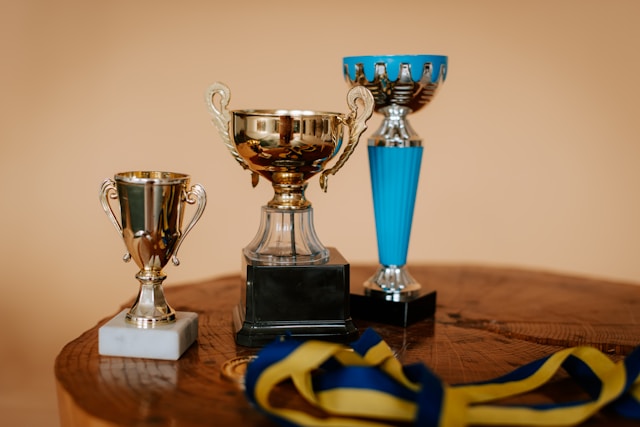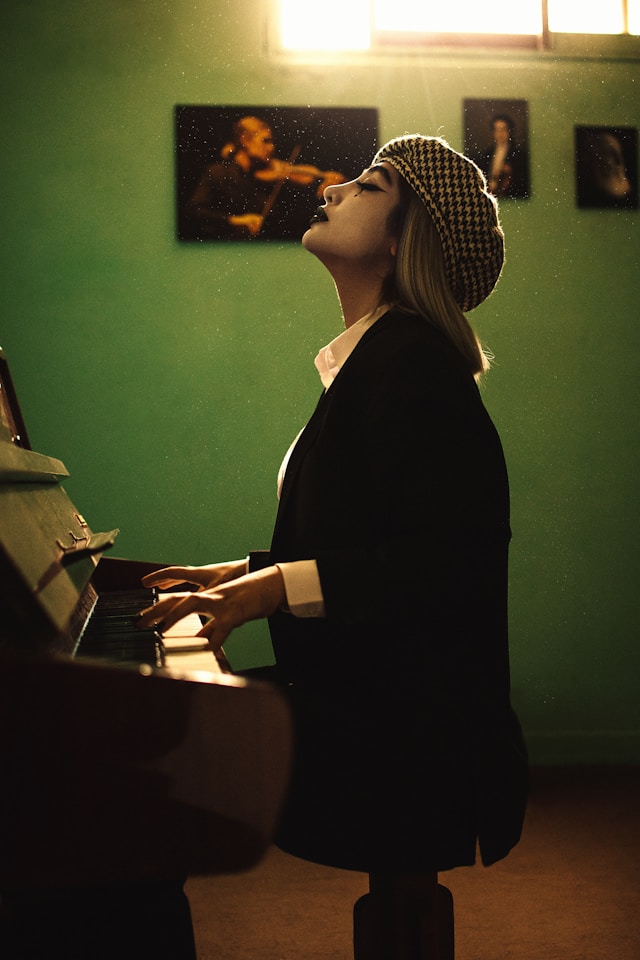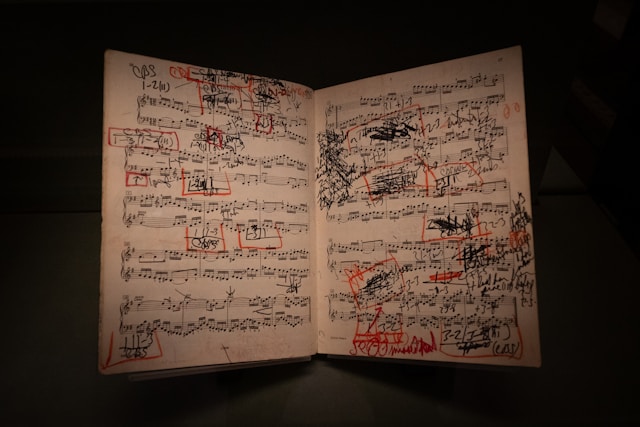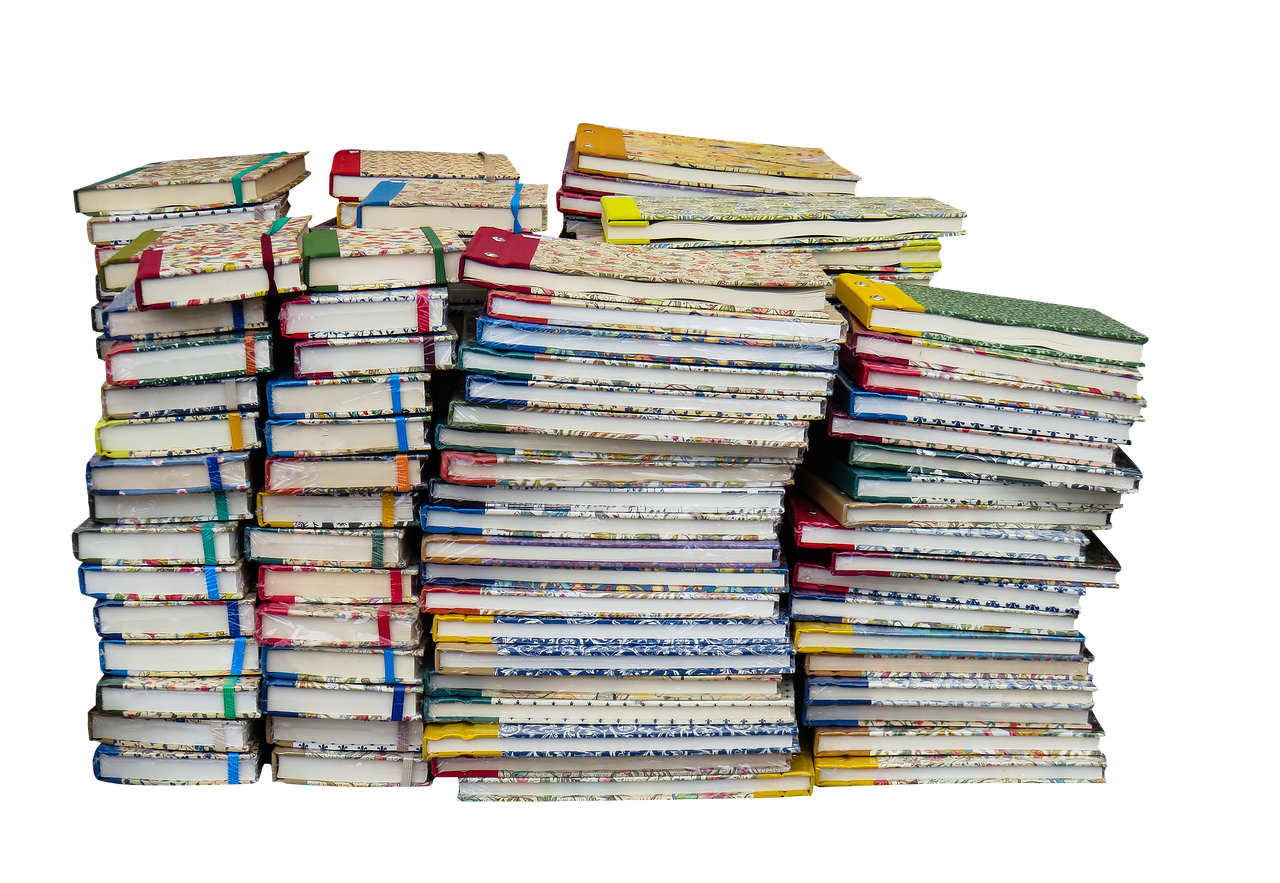.svg)
Gamified Piano LearningWhy It Works Better Than Traditional Lessons
Traditional piano lessons have remained largely unchanged for centuries, relying on repetitive exercises and unfortunately, often uninspiring teaching methods. But what if...
... learning piano could feel more like playing your favorite video game?
Gamified piano learning is revolutionizing music education, making it more engaging and effective than ever before.
The transformation from traditional to gamified piano lessons represents one of the most significant advances in music education. Because MuseFlow feels like a game, it significantly improves learning.
MuseFlow gets learners in the Flow: that magic sweet-spot where skill and challenge are perfectly matched. This means you’re fully absorbed in what you’re doing and have a fulfilling experiences.education.

Music Professor Dr. John Koch described the approach of MuseFlow as being transformative: "MuseFlow opens up a whole new realm of ideas and experiences during the music-learning process. Flow state is what many musicians don't achieve; if they do, it's often short-lived."
The Problem with Traditional Piano Lessons
Traditional piano instruction often follows a predictable pattern: scales, exercises, and classical pieces that many students find tedious. Most traditional methods struggle with engagement issues and fail to adapt to individual learning styles.
Students frequently lose motivation when faced with repetitive exercises that feel disconnected from their musical goals. The lack of immediate feedback means mistakes go uncorrected, leading to bad habits that become difficult to break.

The Science Behind Gamified Piano Learning
Gamified piano learning addresses these issues by incorporating game design elements that naturally motivate learners. When you experience gamification in any platform (not just gamification in music education) you are in an environment where visual cues, immediate feedback, and physical interaction work together seamlessly. The result? A learning experience that feels natural and intuitive rather than forced and mechanical.
With a gamified approach that keeps you engaged and motivated, gone are the days of dull repetitive drills. You can enter into a rewarding practice experience that feels more like playing than practicing.

How Gamification Transforms Piano Education
A gamified piano learning solution like MuseFlow transforms education through several key mechanisms that address traditional learning limitations:
- Real-time visual feedback - Creates immediate connection between actions and results, making sight-reading feel natural and exciting
- Progressive difficulty levels - Ensures optimal challenge without overwhelming students, adapting automatically to individual progress
- Achievement systems - Provide constant motivation through positive reinforcement loops that celebrate every milestone
Unlike traditional methods that might jump too quickly between skill levels, gamified systems maintain the perfect balance of challenge and achievability. For further reading see: How to learn piano with game-like lessons: Discover MuseFlow

The MuseFlow Advantage in Gamified Learning
MuseFlow combines cutting-edge technology with proven educational principles. The platform doesn't just add superficial game elements; MuseFlow fundamentally reimagines piano education. No one should misunderstand the fun learning experience as frivolity. There is a rigorous background in musical pedagogy that is foundational.
Because sight reading is so important for piano players, MuseFlow is focused on gamifying the process of learning to sight read music. While other platforms emphasize memorizing songs, MuseFlow develops essential and fundamental skills that allow you to play any piece of music.
Learn how to play piano like Guitar Hero: Turn keys into a game with MuseFlow demonstrates how this approach makes complex musical concepts accessible for all learners.

Why Gamification Works Better Than Traditional Methods
The effectiveness of gamified piano learning stems from its alignment with how our brains naturally learn. Research indicates that student engagement significantly impacts learning outcomes, explaining why gamified approaches consistently outperform traditional methods.
The immediate feedback loop prevents bad habits that plague traditional learning. The strategic gamification and rich engagement in piano learning catches mistakes instantly, allowing for immediate correction and faster skill development.
Measurable Results and Long-term Benefits
Students using gamified piano learning typically progress faster and retain information longer than those using traditional methods. The combination of visual, auditory, and kinesthetic learning creates stronger neural pathways.
The motivation factor cannot be overstated. While traditional students struggle to maintain practice schedules, those using gamified piano lessons frequently exceed recommended practice times because the experience feels enjoyable.

Gamified Piano Learning for Adults
Don't misunderstand to think that a gamified approach to piano learning is for children. Gamified piano learning is a key strategy in music education for children and adults at any age. Whether you're a complete beginner or looking to reignite your passion for piano, gamified learning offers a superior path to mastering sight reading for piano.











